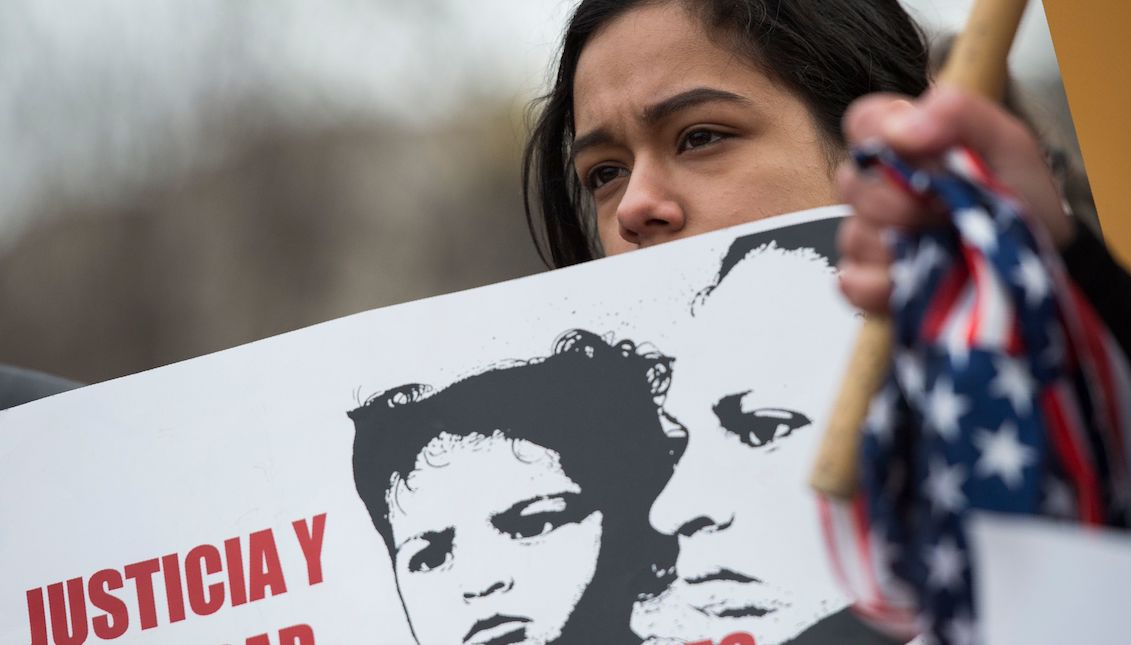
Judge prevents Trump from suspending TPS, calls it a race-biased measure
District Court Judge Edward Chen argued that the government's decision to suspend Temporary Protected Status was based "on animus against non-white and non…
The "star" measures of the Trump administration against immigrants have been the fundamental characteristic of the government since its inauguration. Between a migratory ban against people from Muslim-majority countries, the suspension of the Deferred Action for Childhood Arrivals (DACA) program, and the Zero Tolerance policy, this government can easily go down in history as one of the most racist in the contemporary history of the United States.
One of the least discussed measures lately is the suspension of the federal Temporary Protected Status program for Central American and Sudanese immigrants.
Known as TPS, the program allowed immigrants fleeing natural disasters or political crises to obtain a residence status that included work permits and a prolonged stay, but not a path to citizenship.
Under this program, hundreds of thousands of people have resided in the country for years, becoming investors, workers, and parents of children who are U.S. citizens.
The Trump administration took the initiative to suspend TPS for around 200,000 Salvadorans, 2,500 Nicaraguans, 45,000 Haitians, 9,000 Nepalese and 50,000 Hondurans, who were given a one-year "grace period" to "put their affairs in order" and leave the country.
Subsequently, it also suspended the program for citizens from Sudan.
The Department of Homeland Security argued at the time that "the program had been wrongly extended for years," and that conditions in El Salvador, Nicaragua, Haiti and Sudan were adequate enough for residents to return, USA Today reported.
RELATED CONTENT
However, District Judge Edward Chen ruled that "the administration may have side-stepped federal rule-making guidelines, imposed undue political pressure on staffers, and even violated the Equal Protection Clause by basing its decision on animus against non-white, non-European immigrants.”
Chen's response was the result of a class-action lawsuit filed by immigrants and relatives that was filed during the month of March and which alleged that the government "had suspended the protections as a result of a predetermined agenda that violated the law," CNN explained.
The judge has ruled that the evidence introduced maintains that the administration "may have violated the Constitution at the time of suspending the TPS" by implementing and attempting to justify "a pre-ordained result desired by the White House."
For its part, the government has decided to fight the decision of the district court, ensuring that it "completely refutes the notion that the White House or the Department of Homeland Security did anything improper."
Meanwhile, citizens of the four countries involved in the lawsuit can remain in the country as long as the dispute remains standing, as it is likely to reach the Supreme Court in the coming months.











LEAVE A COMMENT:
Join the discussion! Leave a comment.